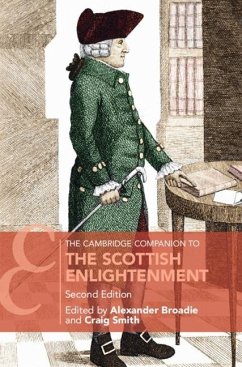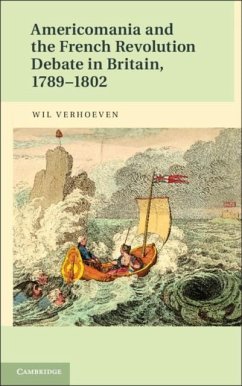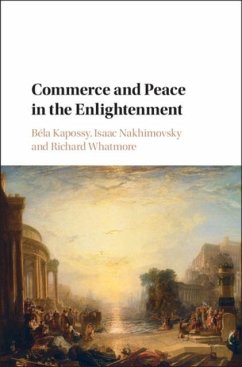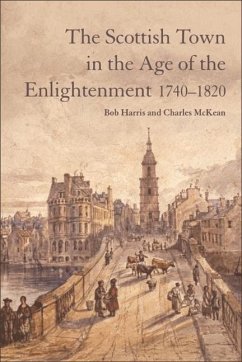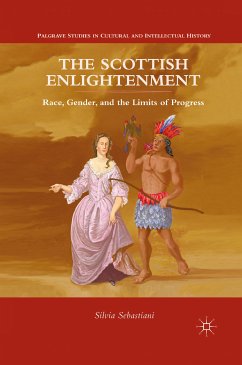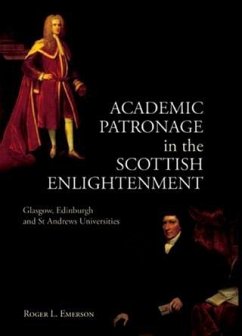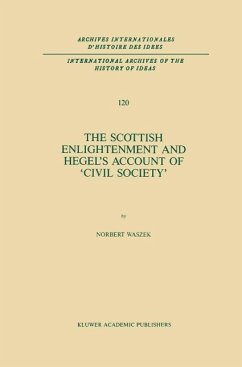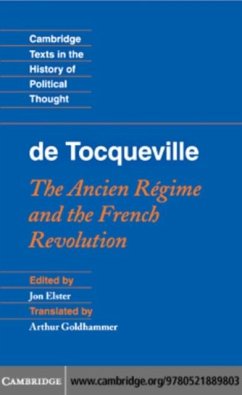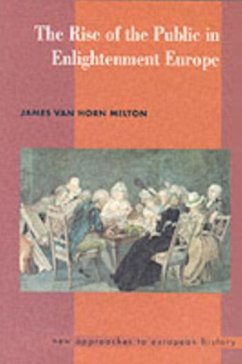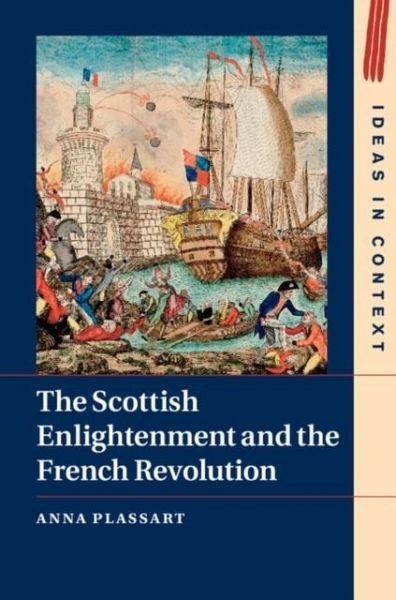
Scottish Enlightenment and the French Revolution (eBook, PDF)
Versandkostenfrei!
Sofort per Download lieferbar
73,95 €
inkl. MwSt.
Weitere Ausgaben:

PAYBACK Punkte
37 °P sammeln!
Historians of ideas have traditionally discussed the significance of the French Revolution through the prism of several major interpretations, including the commentaries of Burke, Tocqueville and Marx. This book argues that the Scottish Enlightenment offered an alternative and equally powerful interpretative framework for the Revolution, which focused on the transformation of the polite, civilised moeurs that had defined the 'modernity' analysed by Hume and Smith in the eighteenth century. The Scots observed what they understood as a military- and democracy-led transformation of European moder...
Historians of ideas have traditionally discussed the significance of the French Revolution through the prism of several major interpretations, including the commentaries of Burke, Tocqueville and Marx. This book argues that the Scottish Enlightenment offered an alternative and equally powerful interpretative framework for the Revolution, which focused on the transformation of the polite, civilised moeurs that had defined the 'modernity' analysed by Hume and Smith in the eighteenth century. The Scots observed what they understood as a military- and democracy-led transformation of European modern morals and concluded that the real historical significance of the Revolution lay in the transformation of warfare, national feelings and relations between states, war and commerce that characterised the post-revolutionary international order. This book recovers the Scottish philosophers' powerful discussion of the nature of post-revolutionary modernity and shows that it is essential to our understanding of nineteenth-century political thought.
Dieser Download kann aus rechtlichen Gründen nur mit Rechnungsadresse in A, B, BG, CY, CZ, D, DK, EW, E, FIN, F, GR, HR, H, IRL, I, LT, L, LR, M, NL, PL, P, R, S, SLO, SK ausgeliefert werden.




